Written by award-winning filmmaker and photographer Uzo Oleh, EDICIUS is an enthralling short thriller with an explosive twist.
“Have you ever stood in front of a mirror, asking your reflection for answers? What if in your darkest moment, your reflection spoke back and stepped into the room? A version of you, claiming to be your intuition… Would you trust their voice over yours? Would you believe that they can save you?“
We sat down with the writer/director of Edicius, Uzo Oleh. You can read the full interview below
Presh: How did the concept of Edicius come about?
Uzo Oleh: For a while, I was thinking to myself, why do we have these thoughts? Where do they come from? What is the self? You know, all that kind of pondering. And then it seems as though this person listening to somebody who’s talking to you. Therefore, who the fuck is that person that you’re listening to, right? Sometimes that person is telling me to do something and I don’t necessarily agree, or I do agree, I somehow can’t do it. What would it be like if that person was personified, was an actual human being, who would tap you on the shoulder and be like ‘no no no go and do it now”? It’s like this voice in your head that’s telling you, these all your options, you should do this and for some reason you ignore them. What would happen if that person came to life and you know, you could meet them and argue with them and so on and so forth? And maybe even have a fight with them. It started super small. They were sitting across the table from each other and it looks exactly the same. and they were just trying to outwit each other, you know? And I remember in my head, there was a line, but isn’t in the film were he just looked at him and was like, did “you know you can’t actually lie to me”? That’s that raw truth that you have with that inner voice. Then I thought okay, cool, you could do it like that or you could put more layers to it. So the concept just basically grew and got deeper.
P: Particularly as Edicius is a short film, how do you construct the world and decide what rules govern this world? For example, you have the personification of Jason’s mirror image, were there other elements that you wanted to include or couldn’t include?
UO: The kings and queens back in the day, used to have these opulent mirrors like you can go through the mirrored hallway of Versailles. I had this idea that if you’re in touch with your intuition, you gain power. So this is why mirrors were so expensive. I went to the Palace of Versailles to get inspiration. So I had this idea in my head. How does this person come out of the mirror? Frustratingly, every time I’ve seen people coming out of mirrors, it looks a bit naff, in my opinion, right? It’s been done so many times before someone steps out of the mirror. So what if you had this repeating corridor? That if you have two mirrors lined up, it creates this infinity? Weirdly, and don’t get me too geeky on it, right? But weirdly, there’s a book called I Am A Strange Loop by Douglas Hofstadter. It talks about, so brilliantly, “in order to know what the self is, you have to know what a self is”. So you have this weird, self-referential thing where it’s like, in order to know myself, I need to know what knowing is. And in order to know what knowing is I have to experience knowing, so it keeps going and going and it creates this weird feedback loop. And for the feedback loop, when you point a video camera at the image, it records the image, but it because the image recording the image, recording the image, so it keeps repeating like the corridor that we created. So it was a perfect visual metaphor for this and allowed us to create this wormhole, this portal, where if you were in standing in front of yourself, you can never see into infinity. But when Jason gets scared, and he hides in the corner, it opens up this portal, so it’s now a free place for you to move into the present world. So that’s, that’s where that came from. Then in establishing the rules, we have him open with a cabinet that doesn’t work properly. So when the intuition runs back into the bathroom to get into the portal, he’s like, where’s the portal gone? That’s why we have him open the door, take out some plasters and shut the door properly to keep the portal open.
P: You’re quite inspired by both physics and philosophy. What were the key touchpoints of philosophical thought and physics that were expressed in the making of the film?
UO: Yeah, Schrödinger’s Cat, the quantum physics concept. You can’t know what knowing is until you observe it, right? So you have a superposition. People ask the question if your mirror image copies you when you’re not looking at it – so when you look away, is it just waving his hands and acting crazy – you would never know because you need to look back. And in looking back, it mimics you. So that’s one of the things that just killed me. I love the idea that if your intuition came and met you, it was just like, hold on a second, I’m going to tell you what you’re going to do because these are the options. When we get to the end of Edicius, you ask yourself, did he know that was going to happen the whole time? In telling him this stuff, did he actually change the course of what he was going to do in the first place? And that’s the questions that I’m really into, along with, Greek tragedies, like the whole film, has all the same touchpoints of Greek tragic theatre. Jason has a Greek name, Anna has a Greek name, Anthony has a Greek name, the antagonist, and it’s called Edicius, which is suicide in reverse, but it sounds like Odysseus. So we have layers of Greek tragedy, lots of philosophy, and lots of quantum physics.
P: Idris Elba is an executive producer of the film. How did he come on board the project?
UO: I said, to a few friends I’m making a film and it’s for us. And what I mean by that is the type of films that we would send each other and go, “oh my god you need to see this”. Movies are so expensive movies are hard to make, particularly at the moment, because they’re big risks. In a risk-averse industry, people will give you money, and they need to make sure that it’s okay, you know, so let’s get more people to digest it. Unfortunately, you can kind of make something that is kind of okay for everyone, but it isn’t incredible for a few – or even hated by a few. So, when I sent Idris the film, it just resonated with him, you know, and I knew would love it is like, he’s one of the people I have so much respect for his taste, that I think he would love and be inspired by this particular story. So he just was like, I will do anything to support it – he’s that guy. A proper champion. I describe him as my silent partner from day one. What he’s been doing, has allowed people to see versions of themselves all over the world and know that okay, well, that’s possible. This month, Jeymes Samuel’s film came out, Reggie Yates’ film came out, Aml Ameen’s film came out – wild! Yeah. My godson because he’s gonna think that’s gonna be normal.
P: What happens next with the film? Are you writing a feature-length version of the film? Surely can’t be the end.
UO: I want to try and get distribution for it to go as far as possible, I would love as many people as possible to see it. So fingers crossed, we get it onto a platform that will really represent it well and give people access. And then I’m writing that feature, which is essentially based on the same characters. The world will be expanded, but I still want it to be the love story between himself and his intuition. So I would like it to be bigger, in scale, but to kind of have the same spirit.
P: You say, a love story between himself in his intuition. However, in the film, Jason has a partner, Anna. In a weird way, is that a love triangle? How would you describe it?
UO: Oh yeah, check this out. You are always at least in a threesome. At least, right? If you’re in love with someone. You’re in love with that person, right? So let’s say I’m in love with Daniel, right? I’m in love with him. I’m also in love with myself. I’m in love with the way that he makes me feel. I’m in love with the identity of our relationship, the fact that I now have a partner, right? It’s so layered that when you break up with somebody, in theory, it’s a part of yourself that you’re losing, right? A lot of people will only want to be in a relationship because they want to not not be in a relationship. They can literally swap out the person, they will literally meet another person. And what’s really frustrating is that my wife will also be in a threesome with me. So her version of our relationship is in her head. So there’s like at least six people involved in relationships – rather six identities involved. The reason it’s Jason’s love story, as opposed to Anna and his unborn kid. So if you watch the film, you look how late he gets to the point where it’s like, Wait, hold on a second, what about Anna? Jason is a narcissist. In Greek tragedies, If you ask what is his fatal flaw, it is narcissism.
Also Read: 10 Great Sci-Fi Movies on Netflix


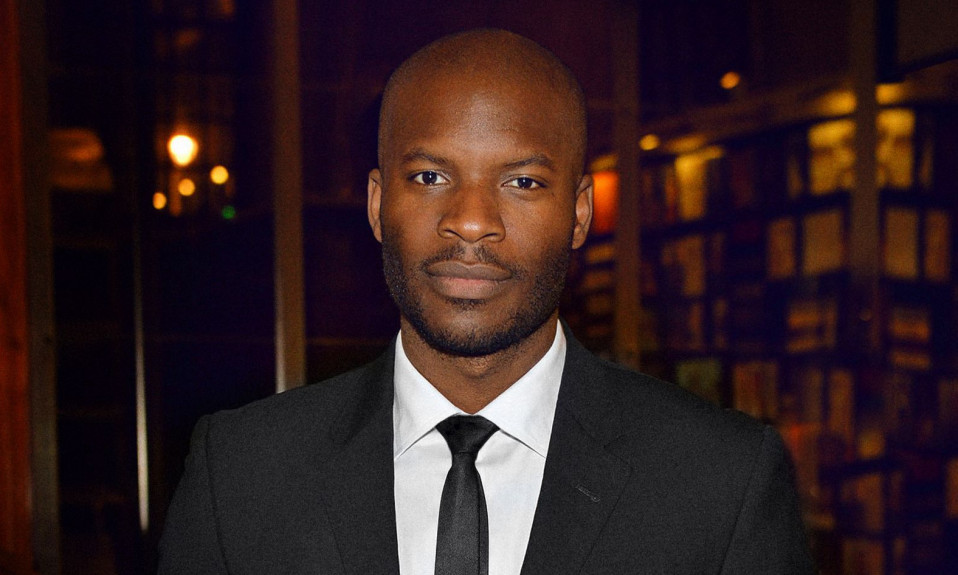
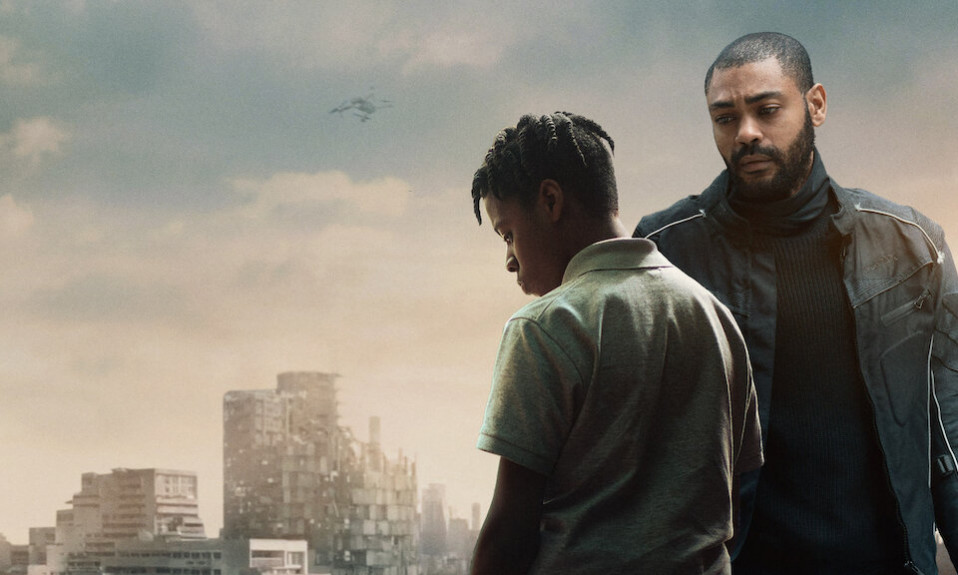
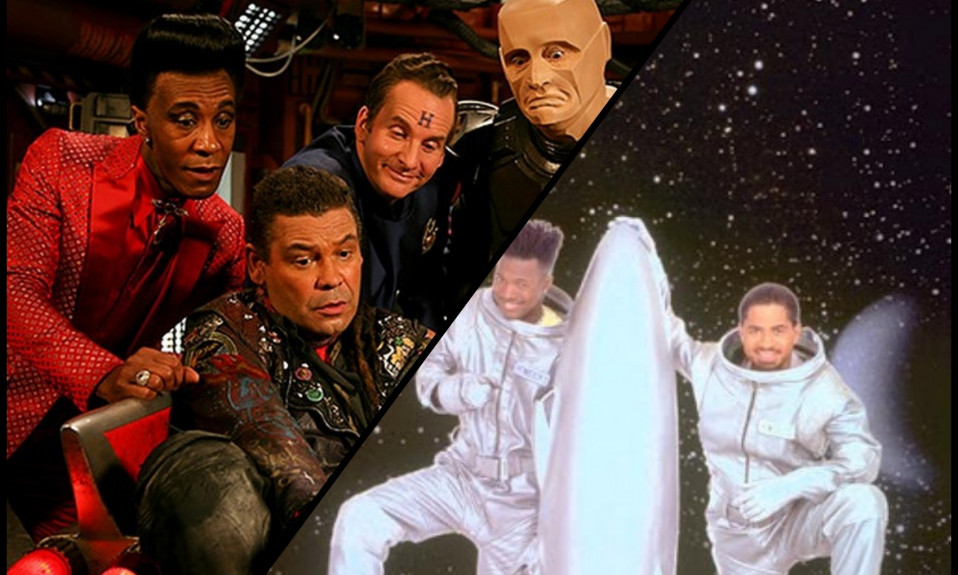
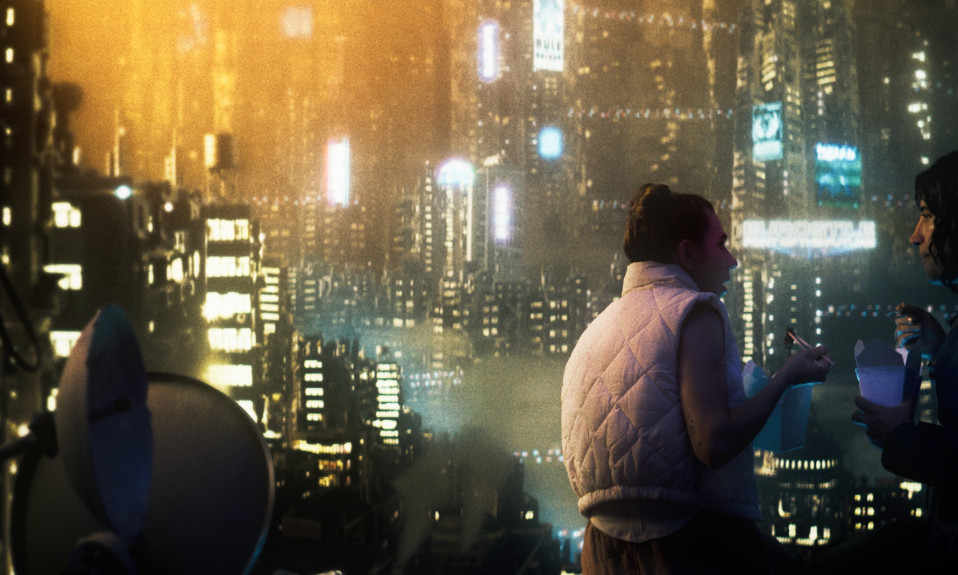
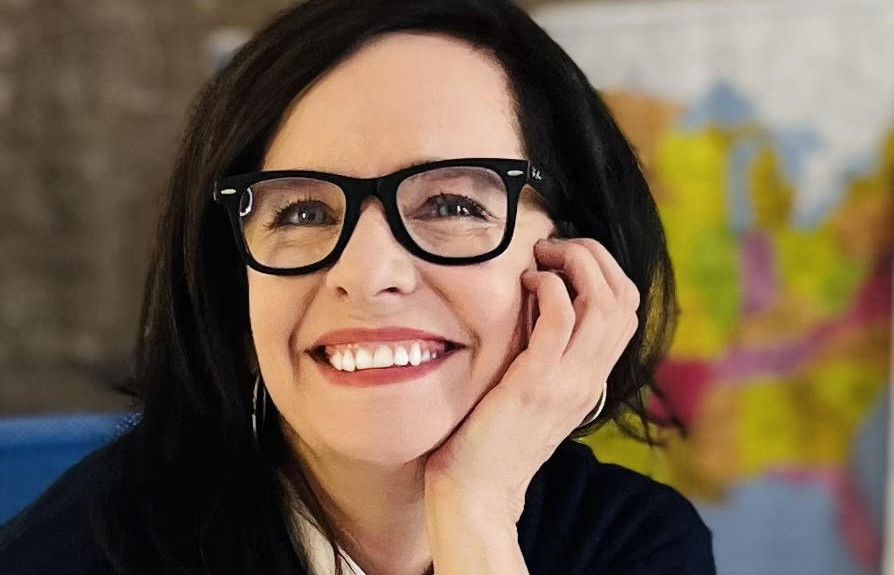








1 Comment
Comments are closed.